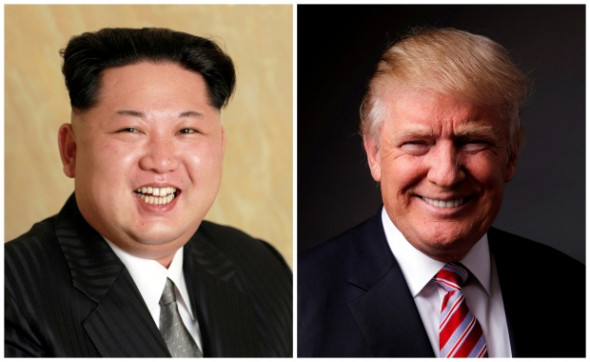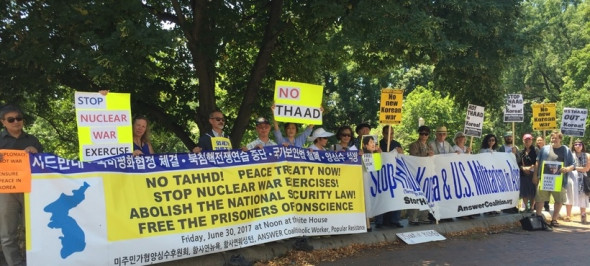Veterans Send Letter Calling For Peace Negotiations
By Veterans for Peace. Dear President Trump and Supreme Leader Kim Jong-un,
You have both made your point.The world has seen that neither of you will back down before the threats of the other. For the sake of the world’s people, it is now time for good faith negotiations.
President Trump, you have engaged in reckless rhetoric and threatened to “totally destroy” North Korea with “fire and fury like world has never seen.” We can tell you right now that you do not speak for millions of veterans in this country.















